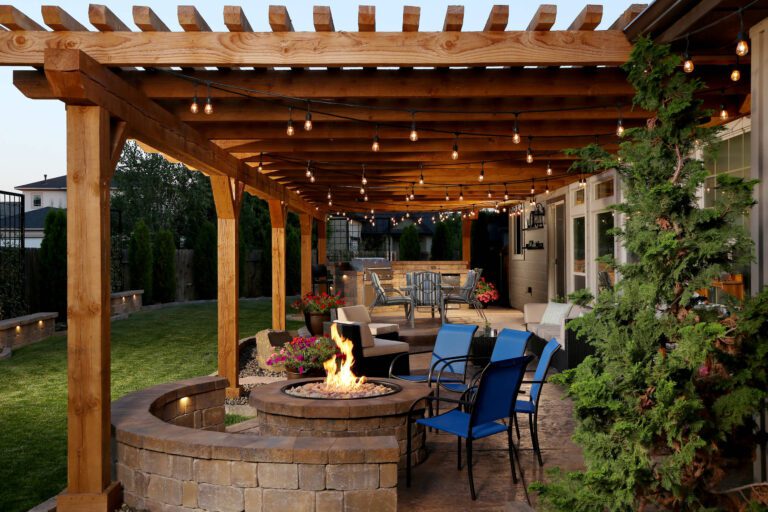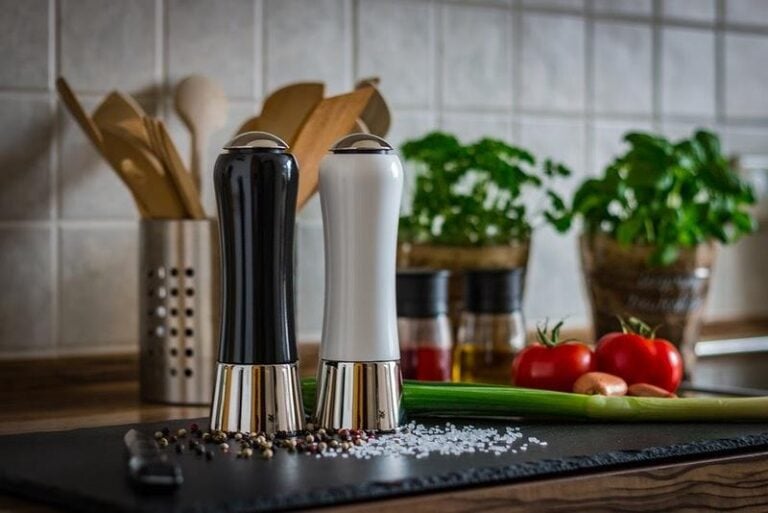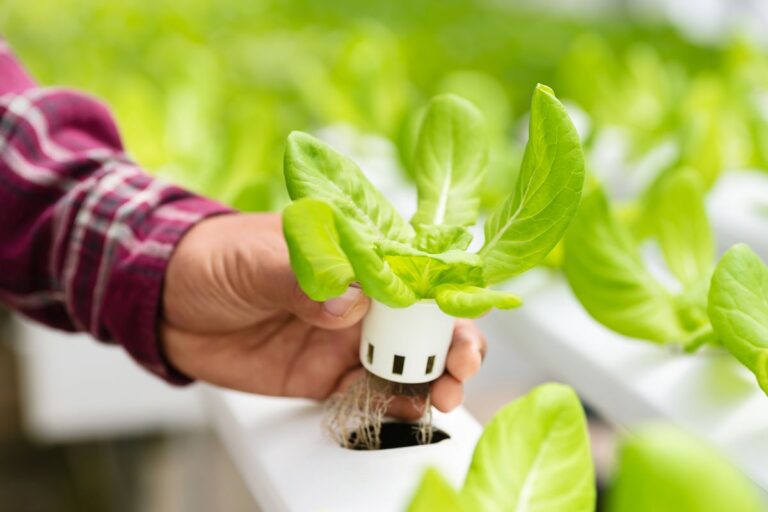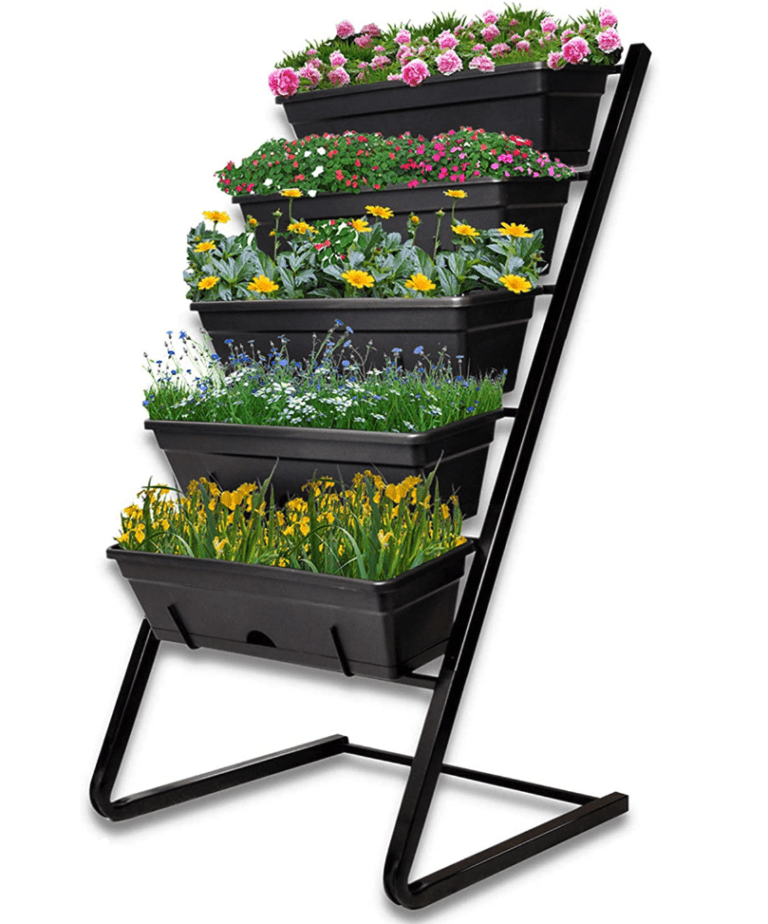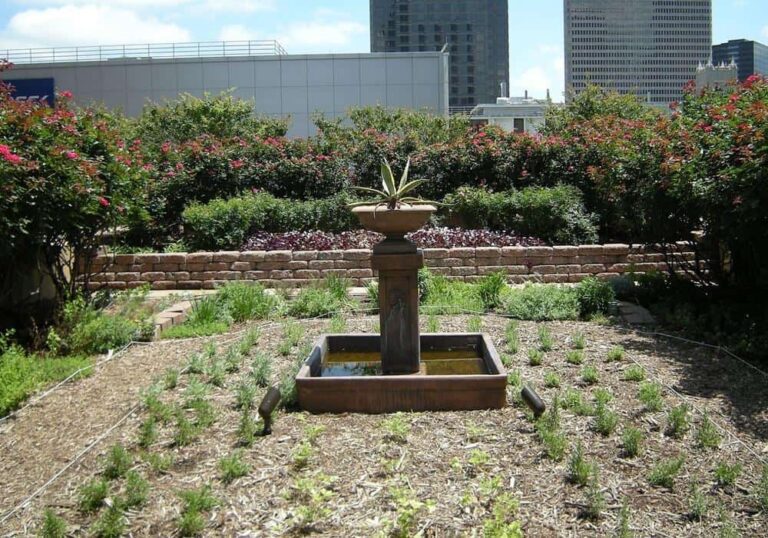How to Start Backyard Homesteading
Homesteading is gradually gaining popularity globally as more people search for methods to simplify their lives, reduce expenditure and become more self-reliant.
The traditional homesteading classification is outdated and might lead you to believe you have to move to a farm or the countryside to become a homesteader. However, this is not always the case. Urban homesteading in your tiny backyard is a great way to get started.
This article will look at how and where to start homesteading and some fun backyard homestead ideas to encourage you.

The Best Place to Start a Homestead:
The top place to start homesteading is where you are currently residing. You can start with small steps to be more self-sufficient and sustainable, even if you live in a little apartment.
Many fantasize about moving out of the urban areas to a sizeable off-grid property to farm. But it is often not the best place to begin homesteading.
It would be best if you started with a tiny homestead to gain knowledge and a couple of skills to get some experience. This way makes it easier when you create a larger one. You will have an improved idea of what you want to attain, and you can prioritize and plan accordingly.
This process will help you find suitable land for your needs and quickly create a productive homestead farm.
Homesteading in the Suburbs:
If you’re wondering about homesteading in the suburbs, you first need to select what you want to accomplish. It is not always easy to choose. Many potential homesteaders want to outdo preserving, vegetable gardens, animals, orchards, etc. Meanwhile, many others are happy to keep it light and easy and bake bread, grow herbs, and reutilize.
If you live in the suburbs and want to achieve as much as possible, research your property to see what things you have room for and what the laws allow. Homeowner association rules and township laws may limit your homesteading plans. Many homeowner associations only allow constructive gardens in backyards, and raising animals might not be allowed.
Still, there are plenty of fun ideas that you can execute in your backyard homestead, and you don’t need much money to get it started.
Homesteading in Your Backyard:
When farming, the aim is to live a greener, more self-sufficient, and more sustainable lifestyle. Your backyard homestead activities might be steps to help you achieve this ecological lifestyle.
Homestead Needs:
There are some things that every backyard homestead must have, and setting them up is the best way to begin your backyard homestead.
- A Growing Space:
Growing herbs and vegetables is a way to start backyard farming. Your plants require light to prosper, so a sunny growing area is necessary.
You don’t require a large expanse, and you can easily plant vegetables in containers or raised beds; even a sunny kitchen ledge is ideal. Vertical planting is a great way to maximize space if you have a tiny backyard.
- A Water Source:
Every farmstead needs a reliable, steady water source, even backyard homestead plots.
There are several methods by which a backyard homesteader can secure, redirect and save water to save money and have a greener life.
- A Composting System:
Some type of composting is necessary for any backyard homestead gardening.
Composting decreases the waste that goes to landfills, enhances the soil, and helps you grow tasty, nutrient-filled fruits and vegetables.
You could start with a small compost heap, construct a compost bin, set up a worm composter, or get a beaker.
Worm composters and compost tumblers don’t require much space, which makes them ideal for urban homesteading. They also accelerate the composting process, keep rodents and animals at bay, and don’t have any odor.
- Storage Space:
In little time, your backyard homestead garden will become fruitful, and if you require a way to preserve and store the food, you will grow. Preserving using canning, drying, or pickling will help you save and enjoy your yield throughout the year!
Though you will need a storage area to keep the dried herbs and vegetables, you need to make shelf space for mason jars or cans of preserves.
Inspiring Backyard Homestead Ideas:
Now that we have given you the basic information on backyard homesteading, here are some motivating backyard homestead ideas for you.
- Collect Rainwater:
Set up a water collection system to collect rainwater to utilize in your backyard garden.
There are complex and expensive systems that you can set up, if you’re very serious. Alternatively, you can put a container in your yard or under your gutter spout to collect rainwater.
- Build a Smokehouse:
Smoking meat adds aroma and flavor, improves its appearance, and adds to the shelf life of fish, red meat, and chicken. A smokehouse could be a valuable investment if you smoke meat frequently to sell, enjoy, or share.
- Grow Green Manure Crops:
Green manure is undecomposed plant material utilized to fertilize the soil. Plants grown primarily for green manure are known as green manure crops. When you use your green manure crops as natural fertilizer, you have to ensure not to add unwanted substances or pesticides to the soil. Besides enhancing soil quality, green manure crops have many other advantages for your backyard gardens.
- Create a Container Garden:
Fashioning an edible container garden is a good idea if you have a tiny backyard with restricted space for plant beds. And if you are a temporary renter, this way is a must for you, as when you move places, your garden can go with you! An herb and vegetable garden looks appealing, and you don’t need much money on the containers. You can also use such a garden to produce saffron and other profitable plants that don’t require much space. You can modify almost any container to hold plants, and crates are one way for learners to create an edible container backyard garden.
- Raise Quails:
When homesteaders contemplate poultry for meat and eggs, chickens are usually their first thought. Not everyone has enough space for chickens in their backyard; in some areas, you may not even be allowed to keep them.
Another great option is quails. They don’t require a lot of space and lay tasty eggs, although you’ll need around four quail eggs to equate to one chicken egg. Quail hens are also very silent, meaning no noise problems with you or the neighbors, and you don’t even need a rooster to get the eggs.
Quails are also an excellent choice for poultry meat and only need around eight weeks to get to a ripe size. However, quail roosters are noisier than hens, and if you wish to breed your quails for the meat, you have to think about this.
- Keep Rabbits:
If you only have a little backyard homestead but prefer to produce meat, then perhaps you should consider limited rabbit farming.
Rabbits don’t smell or need much space and aren’t noisy. They can provide a continuous supply of white meat. However, if you are not too eager about the idea of raising rabbits for their meat, you can breed them for their coats. Natural fibers are well-liked, and you can benefit from your rabbits without hurting them.
Another advantage of keeping rabbits is mixing their droppings in your manure heap or adding them directly to your garden to increase nutrients.
- Create a Greywater System:
One way to become greener and use less water is to make a greywater system and reuse the wastewater. Greywater is used water from your shower or tub, bathroom basin, washing machine, kitchen, or laundry sink. These systems take the wastewater and redirect it for use in your little garden instead of transferring it into the sewer.
Greywater systems are efficient and environmentally friendly to save water and money, as you can use your water more than once.
- Grow an Edible Hedge:
Hedges are very useful in a backyard garden and have various uses, including:
- Attractive shades to hide ugly buildings or fences.
- Act as fences for privacy and to filter dust and noise.
- Act as shelter to protect fragile plants.
- Provide shade as protection from the sun.
You can also make your hedges productive as well as practical. If you fashion your hedges using edible bushes and trees, you will have a versatile hedge. An edible hedge can provide all the uses listed above and also supply you with food.
- Build a Squash Arch:
Creating a squash arch is an excellent idea if you wish to grow squash in your backyard garden. Squash plants grow on lengthy, sturdy vines that require a lot of space. They can get cluttered and swarm your other vegetables and herbs. Many squashes are also weighty, making it hard to grow them upright on a grill or fence.
A squash arch helps resolve these problems and makes for an attractive center in your garden. A squash arch is a rigid arched vegetable frame that is strong enough to carry the mass of a productive squash plant.
- Grow Plants from Cuttings:
It’s fun to grow plants from cuttings and is a cheap way to create more shrubs for your backyard farm. Once you have learned the art of reproducing plants from cuttings, you will find yourself taking cuttings wherever and whenever you see an herb you would like in your tiny backyard garden.
Pros and Cons of Homesteading in your backyard:
If you wish to live a simple, independent lifestyle, backyard homesteading might be the perfect fit. However, it’s not always simple and easy. Below are some advantages and disadvantages of a backyard homestead that you might want to read.
Pros:
- Easy to Start:
It is simple to take small steps to be more organic and independent, and you don’t need to move your house or buy expensive gear to get started.
- Enhanced Gratitude:
When you prepare the plant seeds and soil and cultivate the plants, you acquire a better appreciation and understanding of your food and nature.
- Delicious Home Grown Food:
Sitting down to a delicious, nourishing meal made from your harvest is rewarding and pleasing. Not to mention the extra health benefits of eating fresh and natural produce.
- Increased Knowledge:
Homesteading forces you to think out of the box, learn new skills, and grow as a person. As your homestead produces and you undertake new projects, you will frequently acquire new skills and knowledge.
- Simpler Life:
Streamlining life and learning to live with fewer things can be very satisfying, and it helps reduce the stress of daily life.
- Money Saving:
Reducing the use of water and electricity, growing food, and doing everything by yourself whenever possible save you a lot. These savings can help you design a lifestyle you love and can afford.
- Reduced Waste:
Recycling used items and composting play an essential role in your journey to create less waste and become more sustainable.
Cons:
- Emotionally Challenging:
Dealing with damages is a part of homesteading. It takes some experimentation to perfect your skills. It can be upsetting when an animal or bird takes your chicks or when pests consume your entire vegetable garden suddenly.
- Hard Work:
Homesteading requires continuous, disciplined work and can be exhausting even if you have a small backyard garden. Operating in the garden, feeding, and checking your crops and animals may be what you love, but it has to be an everyday task regardless of the weather.
And when you have a large crop of fresh vegetables or fruit, it will mean countless hours in the kitchen preparing and conserving.
- Unconventional:
A backyard homestead is anything but a conventional garden, and your neighbors might not have the same principles as you, which might make them distressed over your projects.
Final Thoughts:
Backyard homesteading is about streamlining your life and doing everything you can to reduce consumption. There is an endless supply of inspiring and fun backyard homestead ideas.
The soundest thing to do is to be open-minded, take small steps, and try out new projects as your situation and resources allow. You can also profit from your backyard homestead as you learn new skills and gain experience.

